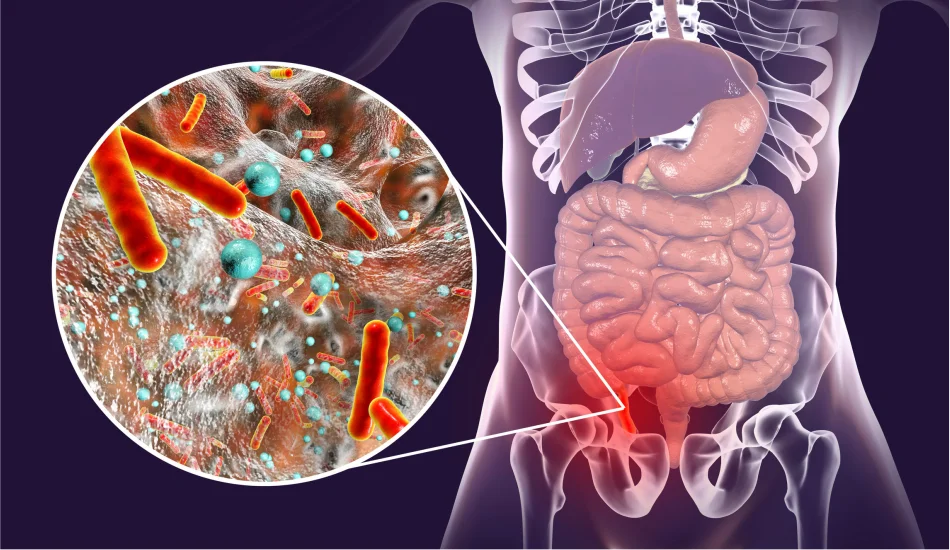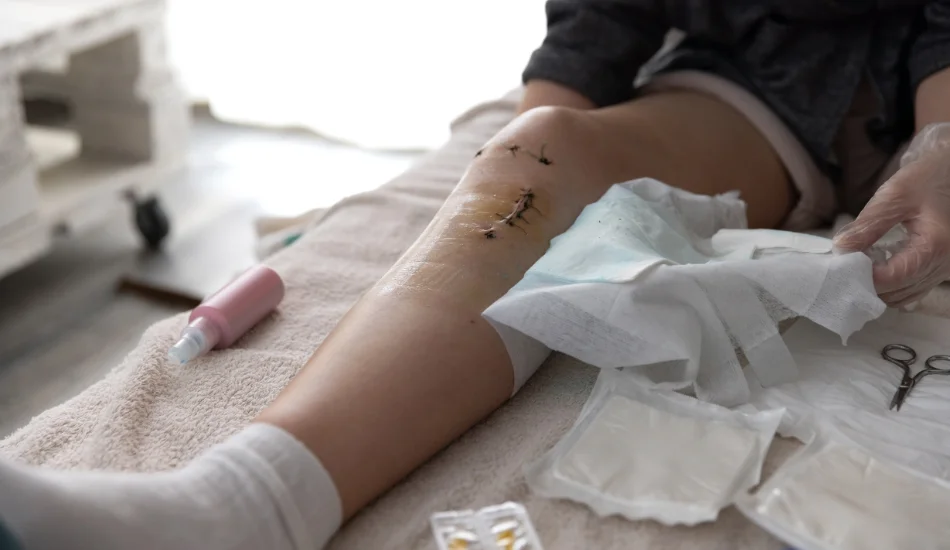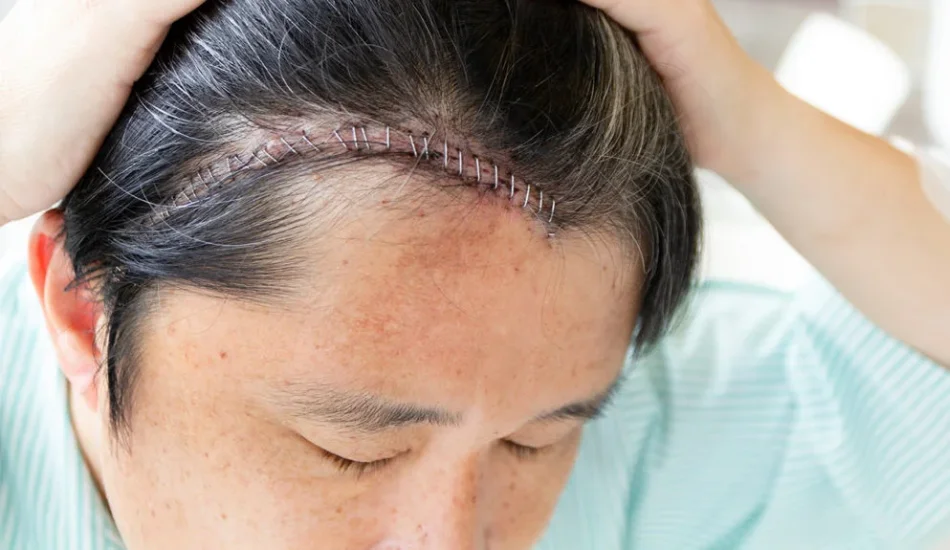
Appendectomy, or an operation to eliminate the appendix is a typical treatment for acute appendicitis. If your appendectomy was done using the traditional procedure of open surgical or less laparoscopic procedures an easy recovery is vital to get back to normal activities and maintaining your overall health. We’ll offer useful recovery tips to assist you in navigating the postoperative phase efficiently in ensuring a speedy and simple healing.
Understanding Appendectomy and Its Purpose
Appendectomy is a procedure that involves surgery to eliminate the appendix. It is usually performed to treat acute appendicitis – a condition where the appendix is damaged and inflamed. Appendicitis can trigger extreme stomach pain and fever nausea, and severe abdominal pain. Rapid intervention with surgery is typically required to avoid complications like ruptured appendix. Appendectomy purpose is to ease symptoms and prevent the development of further health problems by eliminating the affected organ.
Recovery Tips After Appendectomy
Recovery from an appendectomy requires the use of self-care methods as well as medical advice and gradual return to normal activities. Here are a few essential guidelines to ensure a speedy recovery
Adhere to Postoperative Instructions
The following postoperative guidelines of your surgeon is essential for the best recovery possible:
- Medical Management :- You should take prescribed pain medicines and antibiotics as directed. Don’t self-medicate or change dosages without consulting with your health care provider.
- Wound Treatment :- Keep the surgical site clear and dry. Replace dressings according to instructions and look for indications of an infection like redness that is increased swelling, unusual discharge.
Manage Pain Effectively
The management of pain is an essential element of recovery.
- Utilize Pain Relief Carefully :- Utilize prescribed pain medication as required. The over-the counter pain relievers can only be utilized if they have been recommended by your physician.
- Relax and rest :- Prioritize rest during the first phase of recovery. Beware of activities that stress your abdominal muscles and cause discomfort.
Gradually Resume Activities
Resuming normal activities is best done gradually:
- Avoid heavy lifting :- For the first few weeks, you should avoid lifting large objects or performing strenuous exercises that may strain an area of surgery.
- Start with light exercise :- Begin with gentle exercises like walking for a short time as you gradually build up your exercise amount as your body is able.
- Pay attention to your body :- Pay attention to the way your body reacts to various actions. If you notice increased discomfort or pain, you should scale back and speak with your physician.
Maintain a Balanced Diet
A healthy diet is essential to recovery and overall well-being:
- Stay hydrated :- Drink plenty of fluids to keep hydrated and help in healing.
- Consume nutrient-rich foods :- Focus on a balanced diet that is rich in vegetables, fruits and lean proteins as well as whole grains. These nutrients aid in tissue repair and overall health.
- Introduce Foods Gradually :- Begin with bland, digestible food items and gradually introduce diverse foods when your digestive system is recovering.
Monitor for Complications
Watch out for symptoms of complications and seek medical attention when needed:
- The signs of infection are :- Watch for symptoms such as fever, a rise in pain or a strange discharge from the site of surgery.
- Digestive Problems :- Report any severe abdominal nausea, pain vomiting, trouble passing gas or stool to your physician.
- Respiratory Problems :- Engage in deep breathing exercises in accordance with the instructions to reduce the risk of lung issues and to improve your respiratory health.
Attend Follow-Up Appointments
It is crucial to schedule follow-up appointments for the monitoring of recovery
- Scheduled Visits :- Schedule all follow-up visits with your physician or healthcare professional to evaluate the progress of healing and address any concerns.
- postoperative assessments :- These visits may include a review of wounds, an assessment of the surgical outcome, and discussions on the likelihood of returning to regular routines.
Practise Good Hygiene
The importance of maintaining a healthy and clean environment is to prevent infections:
- Hand washing :- Regularly wash your hands, particularly prior to touching the surgery site, or handling any dressings.
- Bathing :- Be sure to follow your physician’s guidelines on when it’s safe to bathe or shower and do not soak the area of injury until the wound is fully healed.
Get Adequate Rest
It is essential to rest for healing:
- Sleep well :- Ensure you get enough sleep each night to help support the body’s healing process.
- Recess Periods :- You should incorporate rest times throughout the day when you need to especially if you feel exhausted or overwhelmed.
Seek Support
An environment that is supportive can aid your recovery
- Families and friends :- Be sure to solicit help for everyday tasks and activities, especially during the initial phase of recovery.
- emotional support :- Recovering from surgery can be a difficult time emotionally. Find support from your loved ones or professional counselors, if required.
Gradually Return to Normal Activities
Resuming your normal routine is a gradual process:
- Activities Progression :- When you are healed slowly return to your normal activities, such as work, exercises, and hobbies. Begin with activities that are low-impact and gradually increase the intensity as you feel comfortable.
- Avoid activities that pose a high risk :- Steer clear of activities that stress your abdominal muscles or increase the chance of developing complications.
Conclusion
The best way to recover from an appendectomy is by following the instructions following the procedure, reducing the pain, gradually returning to activities, and ensuring healthy nutrition and hygiene. If you follow these tips for recovery to help your body’s healing process, and lower the chance of complications. If you have concerns or notice unusual symptoms, don’t hesitate consult your physician.
If you are looking for superior care for appendectomy as well as recovering post-operatively, Chirayu Super Speciality Hospital located in Mira Bhayandar stands out as an exceptional clinic. With an experienced team of surgeons and a focus on patients-centered care, Offers a full range of support throughout your journey to recovery. If you or someone in your family is in the process of having an appendix removed take a look at the appendectomy professional treatment and assistance offered through Chirayu Hospital for the most effective recovery results.



